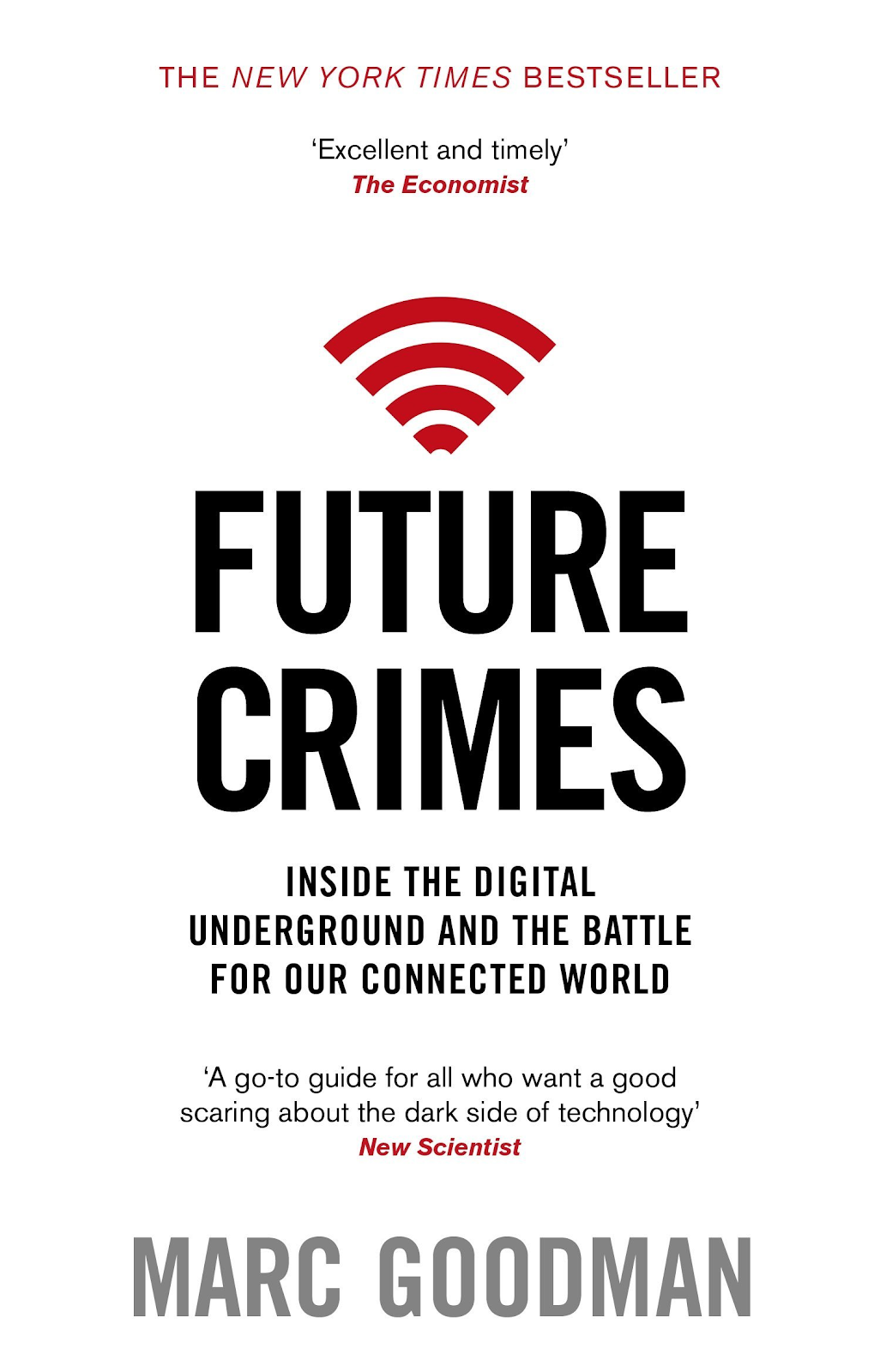Kantianism Week-15 Kantianism, also known as Kantian ethics, is a set of universal moral principles that apply to everyone, regardless of circumstance or setting. Immanuel Kant, a German philosopher, called the principles the "Categorical Imperative", and they are defined by their ethics and sense of independence. Kant's system was a syncretism, or fusion, of British empiricism which highlights the importance of experience in the development of knowledge; Isaac Newton's scientific techniques; and Christian Wolff's metaphysical apriorism (or rationalism), which formalized Gottfried Wilhelm Leibniz's philosophy with its focus on mind. Hereby, a mixture of materials with very disparate origins and natures attracted students to read their own biases into it.
Posts
- Get link
- X
- Other Apps
Review on "Power of Facebook" "Power of Facebook" gives an overview of Facebook's specifications in depth and from where its power is coming from. In today's world, Meta's importance and connection with Facebook has been mentioned very well. The article is overall well written. Without delving too deeply into the terminology, the language used is straightforward and appropriate for the subject. There were few terms that are used without a definition, but it was not really a must as they are pretty common in the field of IT. I very enjoyed reading this paper as a whole and found it on point as it was both entertaining and useful. I would recommend it for everyone so that they would also refresh their knowledge on one of today's biggest social media platforms.
- Get link
- X
- Other Apps

Book Review Future Crimes by Marc Goodman This is the book which I really enjoyed reading and get to know many aspects of IT which I have not really aware of. To start with, the book introduces us the dark side of the digital world. How to sabotage the world's best-protected nuclear facility? Why are the top secret records of million dollar companies on paper? With which software are the world-wide trading exchanges manipulated? What is hidden in the depths of the Internet? Why are the internet services you use every day free? Why does the game you just downloaded on your phone want to access your guide? How are virtual money and online games used for money laundering? Is the future the age of hackers and malware? The answers to all these questions are included in the book. The book focuses on new types of crime in our age. Cyber attacks, computer viruses, hackers and malware. It...
- Get link
- X
- Other Apps

Accessibility to the technology Week-14 Gaming Players with physical limitations are something that some developers have a hard time accommodating. To excel in many games, you'll need quick reflexes and rapid, precise inputs. And, especially in multiplayer settings, difficulty and other gaming features cannot be adjusted just for one person, as this could be exploited. Input controllers must be modified to do this. Everyone can like gaming. Some games can be less approachable than others, but the medium as a whole must be accessible. When cost-effective, it's critical for developers to take steps to cater for a wide range of abilities. When that isn't possible, input elements that are specifically intended can aid.
- Get link
- X
- Other Apps
LINUX Week-13 Ubuntu VS Android Linux is a group of open source Unix-like operating systems which was initially developed by Linus Torvalds. I am gonna discuss briefly, the competition between Ubuntu and Android distributions. Ubuntu is a kind which is mostly recommended to new Linux users as it appears to be the old and the reliable one out there. While Android brings arguments from the users as it is rather not always the most user-friendly one and not the best in terms of privacy. Ubuntu is a free and open-source operating system that is developed and updated by Canonical and a group of developers. It is entirely sponsored by Canonical to ensure continued support and development. Android, on the other hand, is Google's closed source. Google holds the Android name and logo, and it does not allow uncertified devices to run the OS, keeping the users within the Google ecosystem. In terms of security, they both aspire to be secure with...
- Get link
- X
- Other Apps
Hackers nowadays Week-12 In terms of ethics and boundaries, hackers are not all created from the same motherboard, regardless of their outward appearance. I feel that the ongoing evolution of technology and procedures, along with constantly learning and adapting to be the best, are at the essence of being a hacker. There are people who hack personal accounts to gather sensitive content and leak pictures for profit, on the other hand those who voluntarily put their lives on the line to make a difference are such complete opposites nowadays. Even though, in today's world money and wealth is more essential than ever, we can not ignore those who literally bully people online-in a way. It is very possible to say that hackers are much more dangerous than people imagine - given what they have done in the past.
- Get link
- X
- Other Apps
Privacy Week-11 Well, we know that online privacy is a major topic, but I'd want to take a different approach. All our confidential data is stored in some form of database in countries such as Estonia for example. The data should really be secure. Data can be tracked in case of somebody's attempt to access your data, but that might already be too late. Moreover, when there is an "unauthorized access", why and how it happened is always a question which everyone has to think about. For example with the help of cookies, I believe that we might be able to control the extent to which our personal information is available, even if it may complicate our lives a little.